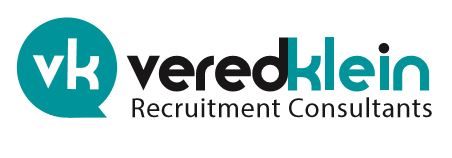Last week I interviewed a great candidate. This person has many years of experience managing projects and people. He’s also a great storyteller and was able to showcase his achievements with some very specific and interesting examples. So why did I come out of that interview exhausted and a little frustrated? This person was so busy telling me about his work that he forgot to listen to my questions. And so a simple question like “how many people were on your team?” turned into a 20 minute monologue. I needed some information to establish if this person is right for the job and I couldn’t get to the info because of all the “noise”. He was so busy selling himself that he forgot to stop and listen to the questions.
If you’re aiming to sell yourself in an interview than you should follow what good salespeople do…they listen!
Listening is just as important as talking in an interview. Here’s why:
- Listen to the questions and answer the question being asked (then elaborate with an example). Any person interviewing you is looking for enough information to make a decision on whether they should move you forward in the process or not, make you an offer or not. By carefully listening to questions you can make sure the right information is provided. If you missed something or are not sure what is being asked, you can ask for clarification or ask to repeat the question. Just be careful, if you have to do this more than once or twice, a red flag will be raised. It’s your responsibilty to help that person come out of the interview with the right information.
- Questions provide you with some information about the company. This is where you have to read between the lines. If you’re being asked about your availability to work long hours or the hours of work in your previous jobs this could be a sign that this job might require lots of overtime. Paying attention also means you can raise this issue later on when it’s your turn to ask some questions.
- Show off your communication skills. Since most jobs require good communication skills, at the very least you’re required to understand what is being asked of you, communicate with your teammates and listen to feedback. If you don’t show the interviewer that you are listening by your body language, your answers and by asking appropriate questions that relate back to the discussion, your interviewer will assume that you will have trouble listening while on the job as well.
When all you can think of is the answers that you will be giving, you miss a premium opportunity to garner information about the situation you are about to enter, if you take the job. The bonus of listening is that you impress the interviewer by the fact that you have heard what was said, and sometimes what was not said.
